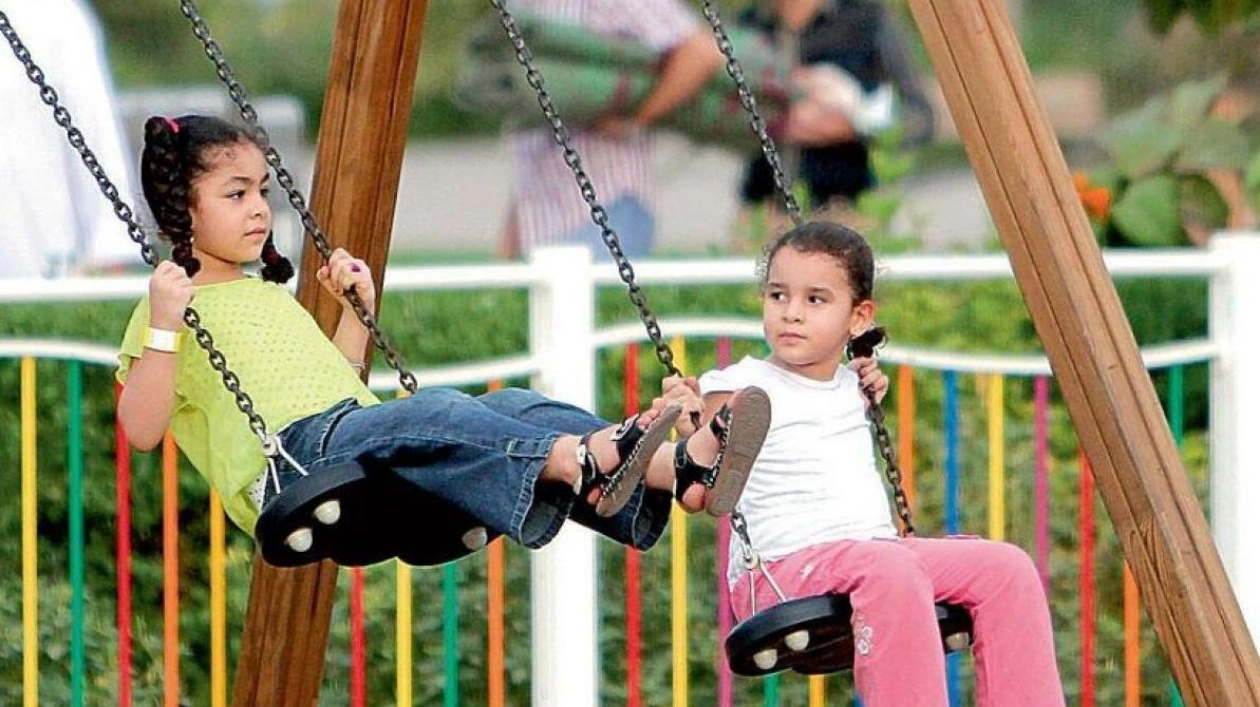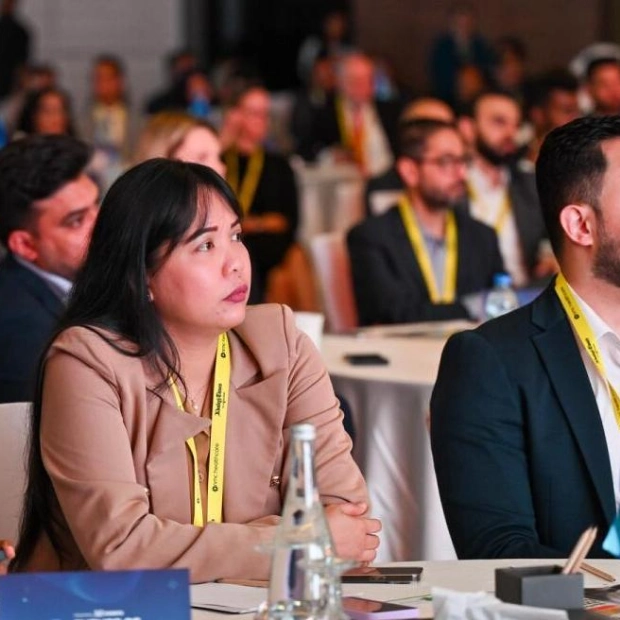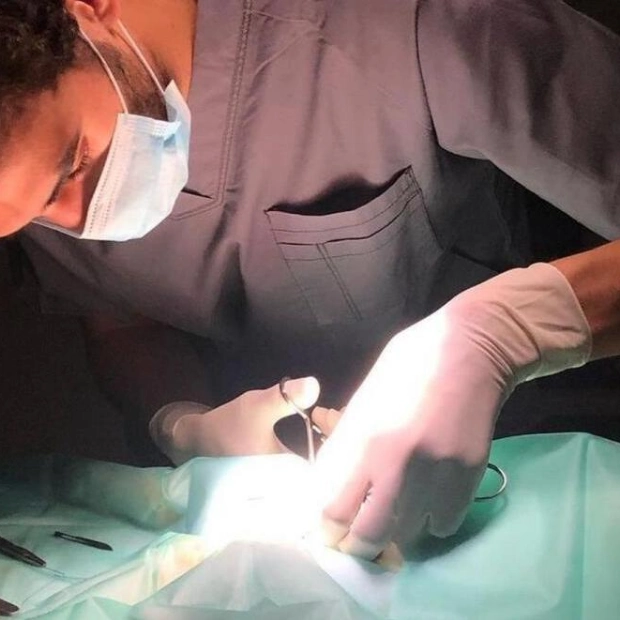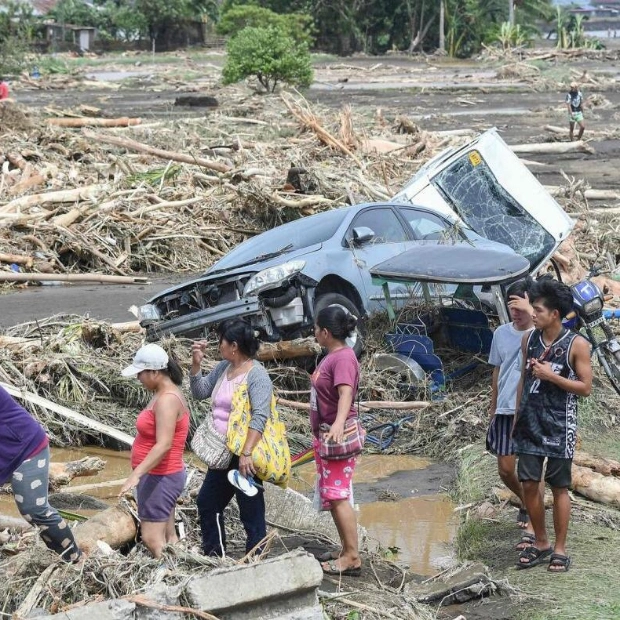The UAE has enacted a comprehensive child protection law to ensure the rights and well-being of children residing in the country. This Federal Law, commonly referred to as Wadeema's Law, serves as the foundation for child protection in the UAE. Named in memory of a tragic case involving child abuse, the law is designed to guarantee children's safety, welfare, and development. In 2012, a young girl named Wadeema was subjected to abuse and ultimately killed by her father, an incident that deeply impacted the nation. In response, the leadership initiated a legal workshop that culminated in the introduction of Wadeema's Law in 2016.
The law encompasses a broad spectrum of protections, including the right to education, healthcare, and protection from neglect, exploitation, and abuse. It also highlights the responsibilities of parents, schools, and institutions in reporting any instances of child maltreatment. Additionally, the law imposes strict penalties for violations, thereby fostering a secure environment for all children in the UAE.
According to Article 3 of the law, children are prohibited from entering certain places. Clause (1) specifies that children are banned from the following locations: adult nightclubs, smoking areas, laboratories with fast and hazardous chemical reactions, factories and ovens with high temperatures, places with gas emissions and toxic liquids, quarries, mines, and areas where materials are extracted from the ground, workshops with rapid and hazardous rotary machines, places of war, armed conflict, and natural and environmental disasters, sites where weapons and explosives are manufactured, places designated for cutting, pressing, and forming hazardous metals, locations with projectiles, flying sparks, and melting, unclean waste recycling sites, places where epidemics and deadly diseases spread, areas with electromagnetic interference and frequencies affecting children's health, sites where narcotic drugs are manufactured, and shops selling materials intended for adults.
School visits and activities to the aforementioned places are permitted provided they obtain the necessary approval from the Ministry of Education. These activities are exempt from specific restrictions or bans as long as they adhere to the Ministry's stipulated controls.
If a child is accompanied to places not listed under clause (1), the following guidelines must be followed: maintaining the child's physical, psychological, and moral well-being, complying with the controls and stipulations established by the supervisors of such places, and ensuring the child's age and level of understanding are appropriate for the location.
The law also outlines the responsibilities of managers of movie theaters, TV channels, and other venues where films are shown. These establishments are mandated to display age restrictions for viewing films or materials in both Arabic and English, using clear and legible writing. Supervisors of cinemas are required to verify the child's age before admission to ensure the show is age-appropriate.






